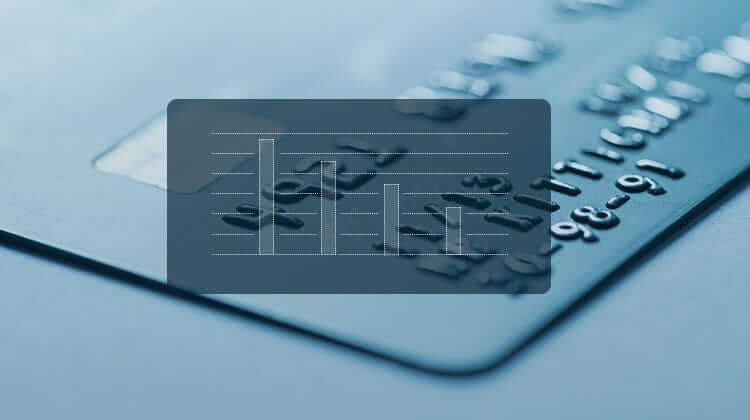Who do you ask if you want to know about fraudsters? Well, you could try talking to one, but you couldn’t be sure they were telling you the truth! A more reliable source of information is the data collected by fraud prevention systems, which reflects the nuts and bolts of what really happens when a fraudster is at work.
Forter’s fraud fighting system analyzes a tremendous amount of data every day, examining each transaction on our merchants’ websites to determine whether the buyer is real or fraudulent. The result is, among other things, a wealth of information about how both kinds of consumer work.
So what can we tell you about fraudsters? In many ways, they prioritize the same things everyone else does, but for different reasons.
Fraudsters Like Elite Cards
Everyone wants an elite card – better service, more privileges, even more perks available! But fraudsters are paying with someone else’s money, and don’t care about the long-term advantages of the cards they’ve stolen: after all, they’re going to ditch the data after a week or two. So why do they care about the kind of card they’re buying?
In a way, criminals care for the same reason genuine consumers do: they like the higher limits on the card. If they can use the card, they can make more money using it if the limit is higher – and fraudsters are rational beings with an eye on their bottom line, just as much as anyone else.
Fraudsters Like Popular Brands
This isn’t entirely intuitive – you might want to buy a brand you can be proud of, because you’re going to live with what you buy. But most of the time, a criminal isn’t buying items for himself (though it does happen) – generally, he’s aiming to sell it on as quickly as possible so that he can turn the item into cash.
Really, that’s your answer. Fraudsters like popular brands because other people like popular brands, and so it’ll be very easy to find someone to buy the object, probably for not much less than the crook paid for it in the first place.
Fraudsters Like Microsoft Outlook
You might prefer the security of Gmail and its 2 step authentication, or the feeling of consistency you get from AOL, but these online criminals go for Outlook. Once again, they’re going for the same qualities other people look for, but from a different perspective.
Fraudsters want ease and security, just like anyone else, but in their case the way they achieve this is inverted. They specifically don’t want extra steps to set up or authenticate their account, because they need swift set up for accounts that they might well abandon quickly, and because they don’t want the account to lead back to them. Their security comes from being able to hide, rather than feeling that they can block intrusion!
Intrigued? Find out more about our research in this USA Today article or on CNBC.



